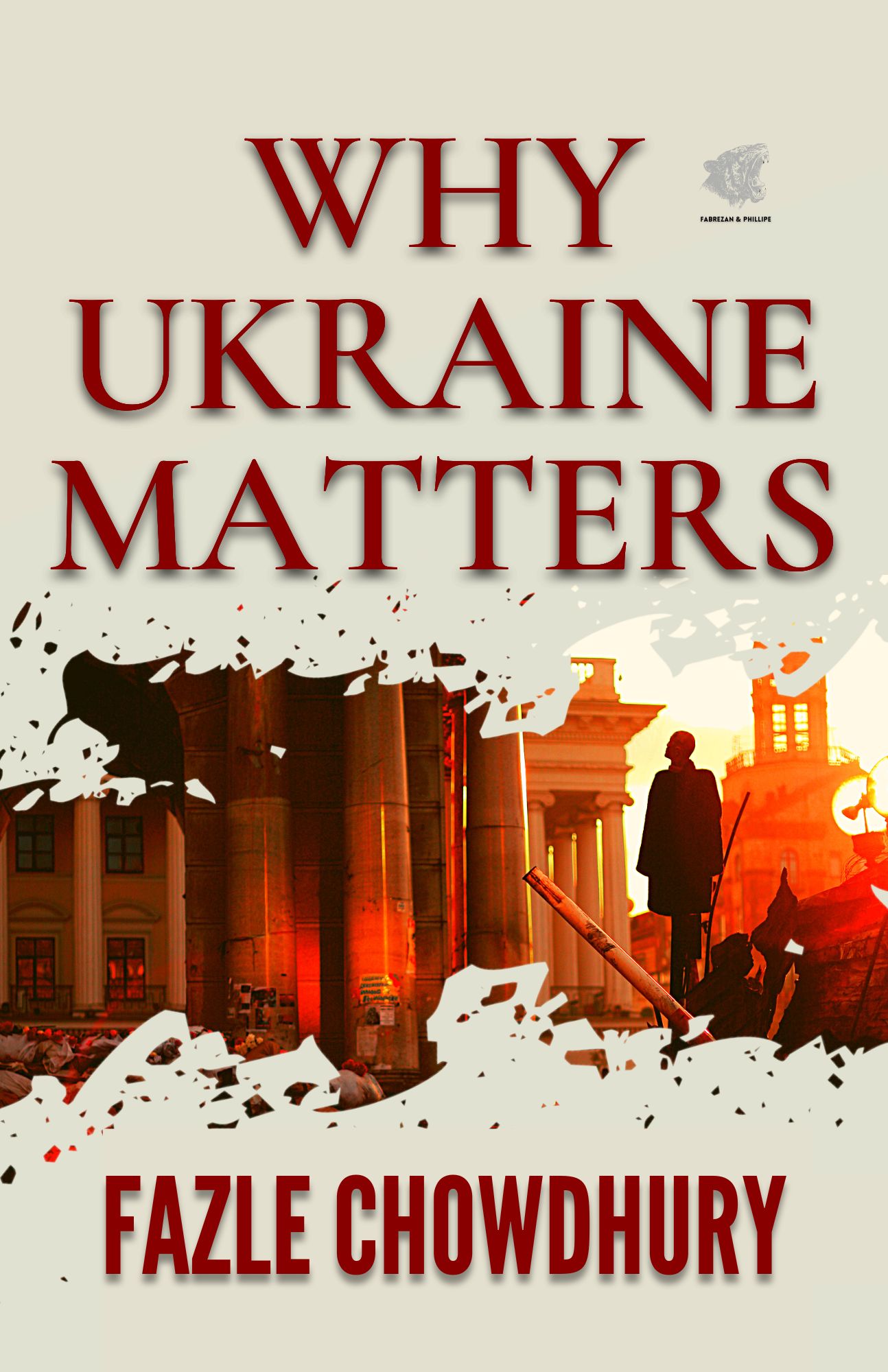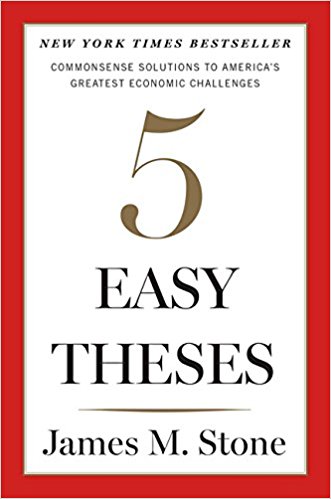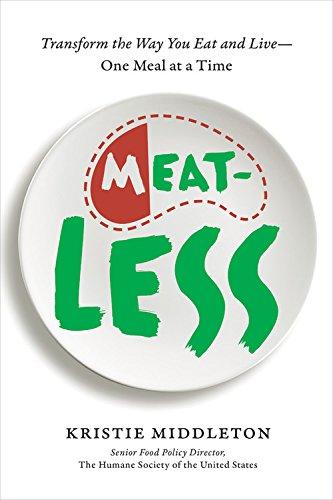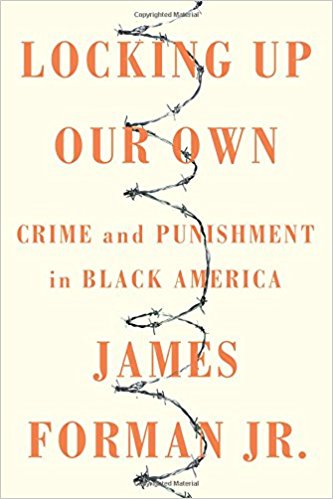Why Ukraine Matters
A war rages in Europe for the first time in several generations, yet many are only vaguely aware of the history of Ukraine and how its place in Europe led to the current conflagration. Fazle Chowdhury’s Why Ukraine Matters examines the factors that led to the invasion of Ukraine. Chowdhury, an author of several books on Iran, studied at Northeastern University and at the Graduate School of Education at Harvard University. With Why Ukraine Matters, he has compiled a book, initially begun in 2002 as a series of essays, that provides a revealing examination of the conflict.
Chowdhury argues that there are several interlocking explanations for the Russian invasion of Ukraine. He notes that Vladimir Putin views the collapse of the Soviet Union as the “greatest geopolitical disaster of the twentieth century.” Furthermore, Putin cites NATO’s expansion into Eastern Europe since 1991 as hostile to Russian interests and violates NATO pledges made in the post-Soviet environment. These factors, when combined with Putin’s desire to relitigate the Soviet Union’s collapse, created a new Cold War, which descended into a hot war in Ukraine. Ukraine is a test of wills between an expansionist Russia and democracy in the West. Chowdhury argues that Ukraine matters because it must not become a failed state in the heart of Europe, similar to the status of Iraq in the Middle East.
Chowdhury advances his thesis through an excellent examination of the factors that led to the war in Ukraine. The book is divided into four thematic sections. The first considers Ukraine’s history back to the Polish-Lithuanian Commonwealth, the founding of Kyiv, which Putin posits as the beginning of the Russian state, through World War Two, and then into the twenty-first century. The second examines the synergy of Russian energy economics and politics and the Orange Revolution. The third is a fascinating rendering of the roles of other European states in Ukraine’s history. The final section analyses Russia’s oligarchs, Russian claims on Ukraine’s cultural history and identity, and religious differences between the Russian church and the Ukrainian church. At the end of the day, Putin believes that Ukraine does not exist independently; it is merely part of the greater Russkiy Mir (or Russian World).
This is an excellent read in both its scope and breadth of historical information and analysis. However, it would benefit from stronger editing for brevity as there is some repetition due to its origin as a compilation of essays. A single monograph would be better. Furthermore, while a section for references exists, a more rigorous approach using footnotes is desired. However, these are minor issues that don’t significantly detract from the book’s value as an excellent primer to the conflict in Ukraine.
| Author | Fazle Chowdhury |
|---|---|
| Star Count | /5 |
| Format | eBook |
| Page Count | 509 pages |
| Publisher | Fabrezan & Phillipe |
| Publish Date | 20-Sep-2022 |
| ISBN | 9798887579733 |
| Bookshop.org | Buy this Book |
| Issue | November 2022 |
| Category | Current Events & Politics |
| Share |






Recent Comments